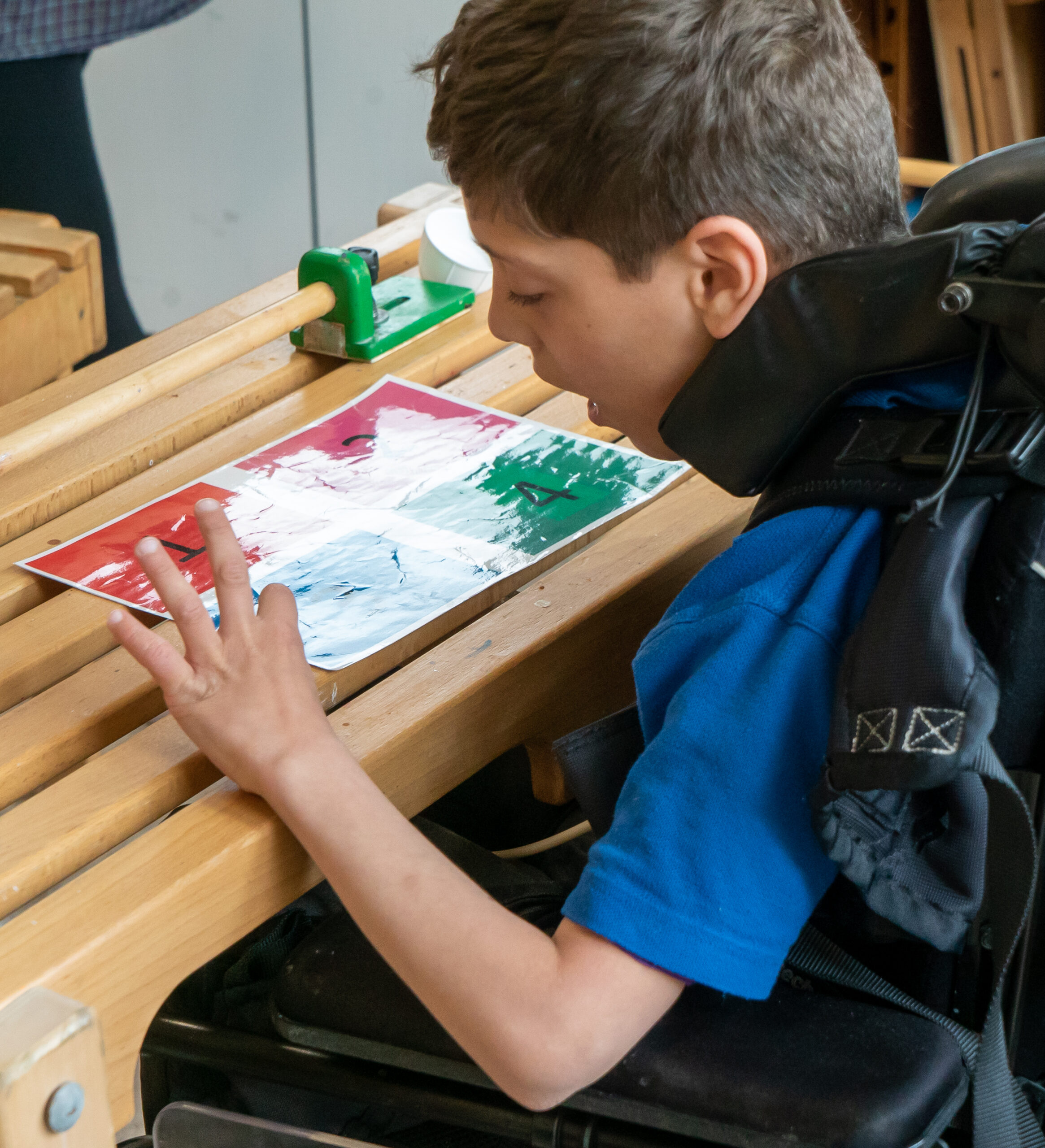Our impact
Measuring impact

Measuring impact
It’s a bold vision – but it’s achievable. We carefully monitor our impact to ensure we’re making progress towards the vision, year by year.
Our key outcomes
Enabling potential
We want children with neurodisabilities who use Pace services to have the opportunity to reach their full potential.
Enabling families
We want families to feel supported by Pace, and better able to meet each child’s needs.
Enabling wellbeing
We want children, parents and carers to have better mental health, wellbeing and resilience.
Enabling replication
We want other providers and practitioners to replicate our specialist approach, so more children with disabilities can develop and thrive.
Measuring the impact of Pace services can present some challenges. The complexity of the children and the variety of conditions, intensity of interventions makes us work harder to show really impact.
This is why we focus on family feedback as one of our main impact drivers. If families see, and feel the benefit of the progress their child makes, then we are truly achieving our outcomes.
We focus our impact on Early Impact from our therapy services, school impact and on the lasting affects of Pace interventions with feedback from our Alumni.
We are continuing to develop our impact framework, focusing on our newly designed approach.
Your can read about 2022 impact results today.
2022 Impact
Don’t miss out on news, stories and campaigns
Subscribe below
By submitting your details, you are consenting to our privacy policy
